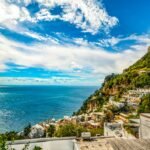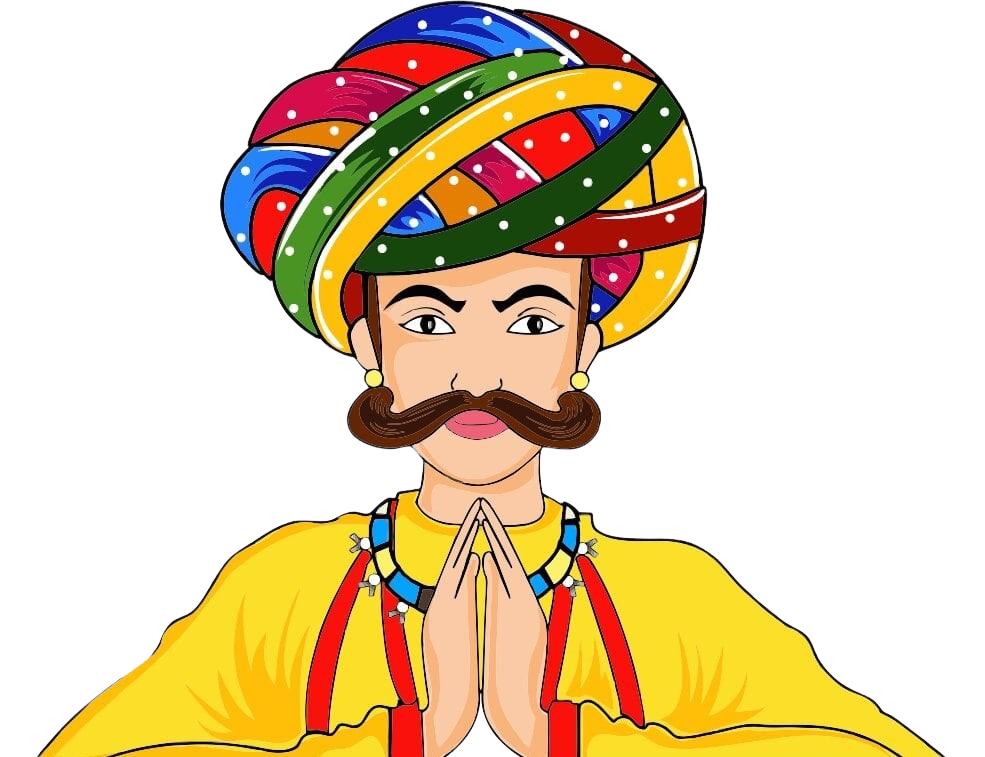Vietnam is a country of breathtaking landscapes, rich history, and vibrant culture. From bustling cities to serene countryside, it offers an array of experiences that cater to every kind of traveler. In this blog, we’ll delve into some frequently asked questions about touring Vietnam, providing a comprehensive guide to help you plan your perfect trip.
Frequently Asked Questions About Touring Vietnam
1. What Are the Must-Visit Destinations in Vietnam?
Hanoi: The capital city, known for its centuries-old architecture and a rich culture with Southeast Asian, Chinese, and French influences. Don’t miss the Old Quarter, Hoan Kiem Lake, and the Temple of Literature.
Halong Bay: Famous for its emerald waters and thousands of towering limestone islands topped with rainforests. A cruise is the best way to explore this natural wonder.
Hue: The former imperial capital offers a glimpse into Vietnam’s royal past. Explore the Imperial City, tombs of emperors, and pagodas.
Hoi An: A well-preserved ancient town with a blend of indigenous and foreign cultures. Wander through its lantern-lit streets and visit its charming cafes and tailors.
Ho Chi Minh City: A bustling metropolis with a mix of modern skyscrapers, historical French colonial buildings, and vibrant street life. Key sights include the War Remnants Museum, Cu Chi Tunnels, and Ben Thanh Market.
Mekong Delta: Known as the “Rice Bowl” of Vietnam, this region is famous for its lush landscapes, floating markets, and rural villages.
2. What Is the Best Time to Visit Vietnam?
Vietnam has diverse climatic zones, so the best time to visit depends on the region:
- North (Hanoi, Halong Bay): October to April (cool and dry)
- Central (Hue, Hoi An): February to May (warm and dry)
- South (Ho Chi Minh City, Mekong Delta): December to April (dry season)
3. What Are Some Unique Experiences in Vietnam?
Street Food Tours: Vietnam is renowned for its delicious street food. Take a guided tour to sample local delicacies like pho, banh mi, and spring rolls.
Motorbike Adventures: Explore the countryside and lesser-known areas by renting a motorbike or joining a motorbike tour.
Cooking Classes: Learn to cook Vietnamese dishes with a local chef, starting with a visit to a local market to pick fresh ingredients.
Homestays: Experience Vietnamese hospitality and culture by staying with local families in rural areas or ethnic minority villages.
4. How to Travel Within Vietnam?
Flights: The fastest way to travel between major cities. Vietnam Airlines, VietJet Air, and Bamboo Airways are popular carriers.
Trains: A scenic way to explore the country, especially the Reunification Express that runs from Hanoi to Ho Chi Minh City.
Buses: Affordable and convenient for short to medium distances. Sleeper buses are available for overnight journeys.
Motorbikes and Scooters: Ideal for exploring cities and countryside. Ensure you have an international driver’s license.
5. What Are the Cultural Norms and Etiquette in Vietnam?
Dress Modestly: Especially when visiting temples and rural areas. Cover your shoulders and knees.
Remove Shoes: When entering someone’s home or certain places like temples.
Respect Elders: Address older people with respect and give way to them.
Avoid Public Displays of Affection: It is considered inappropriate in Vietnamese culture.
6. What Should I Pack for a Trip to Vietnam?
- Lightweight Clothing: Suitable for the tropical climate.
- Comfortable Shoes: For walking and exploring.
- Raincoat or Umbrella: Especially during the rainy season.
- Insect Repellent: To protect against mosquitoes.
- Sunscreen and Hat: For sun protection.
7. What Are the Visa Requirements for Vietnam?
Visa requirements vary by nationality. Many travelers can obtain a visa on arrival or an e-visa. Check the latest visa policies specific to your country before traveling.
Sample Itinerary for a Vietnam Tour
Day 1-2: Hanoi
- Explore the Old Quarter
- Visit Hoan Kiem Lake and Ngoc Son Temple
- Tour the Ho Chi Minh Mausoleum and Museum
Day 3-4: Halong Bay
- Overnight cruise on Halong Bay
- Kayaking and visiting floating villages
Day 5-6: Hue
- Explore the Imperial City
- Visit Thien Mu Pagoda and royal tombs
Day 7-8: Hoi An
- Wander the ancient town and markets
- Take a cooking class
Day 9-10: Ho Chi Minh City
- Visit the War Remnants Museum
- Explore the Cu Chi Tunnels
Day 11-12: Mekong Delta
- Take a boat tour through the delta
- Visit floating markets and rural villages








